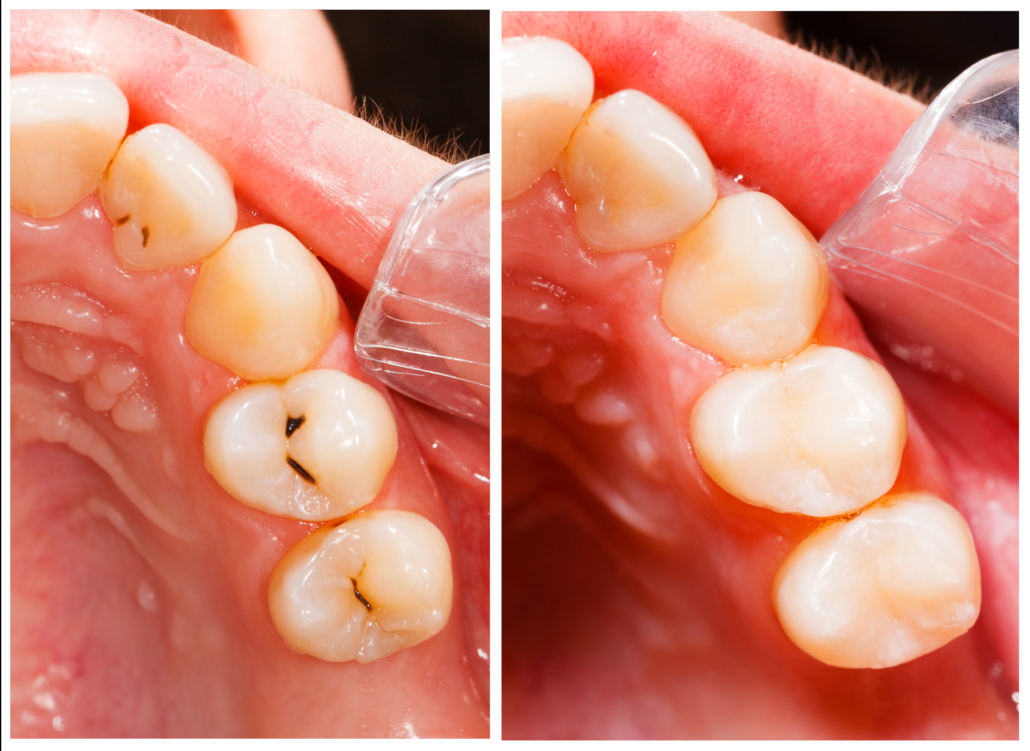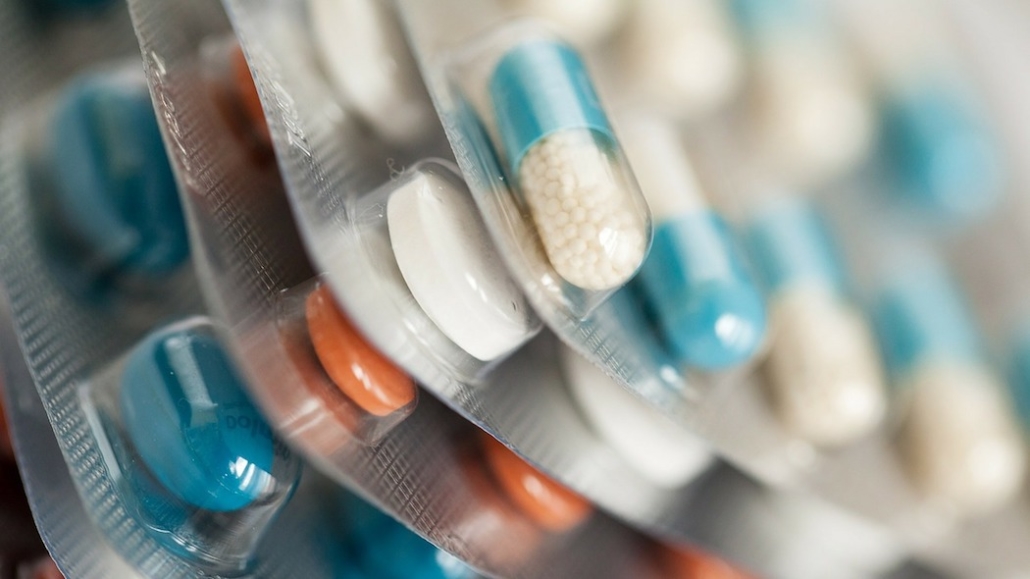The pain after the devitalization of a tooth can occur acutely in the first 24 hours following root canal treatment and gradually decrease over a week.
What can cause pain after root canal treatment?
Pain after devitalization can be caused by several variables that significantly affect the postoperative course:

- inflammation of the periapical tissues;
- extrusion of dentin / pulp debris during the treatment phase;
- reaction to the dressing of the treated site.
These factors trigger an inflammatory response which for patients who have undergone root canal treatment translates into the perception of pain, a consequence of a neuronal response.
Pain after devitalization: how to prevent?
The dentist can manage, in agreement with the patient, post-surgery pain or prevent pain after endodontic treatment by administering a dose of anti-inflammatory before treatment to reduce any inflammatory reactions and the resulting pain.
Anti-inflammatory before devitalization to prevent pain
Regarding the post-root canal treatment pain of one or more teeth damaged by pulpitis or apical periodontitis, a recent research published in the International Endodontic Journal of February 2021 evaluated the effect of a preventive dressing with:
- piroxicam (non-steroidal anti-inflammatory);
- prednisolone (steroid glucocorticoid);
- dexamethasone (steroid glucocorticoid);
- placebo.
160 patients were included in the sample, divided into 4 different groups according to the therapy administered:

- Group A, premedication with 20 mg of piroxicam;
- Group B, premedication with 20 mg of prednisolone;
- Group C, premedication with 4 mg of dexamethasone;
- Group D, premedication with placebo 60 min before root canal treatment.
Pain assessment after devitalization
Post-treatment pain monitoring was performed on patients in the sample at 6, 12, 24, 48 and 72 hours after root canal treatment.
All three anti-inflammatory drugs previously administered to the patients included in the study resulted in a significantly lower incidence of postoperative pain compared to placebo at 6, 12 and 24 hours.
The average pain intensity was significantly higher at 6, 12 and 24 hours with the use of placebo.
From the research, which will have to find other confirmations in similar researches, it has therefore emerged that the oral administration of a single dose of anti-inflammatory reduces the intensity of pain after devitalization.
















